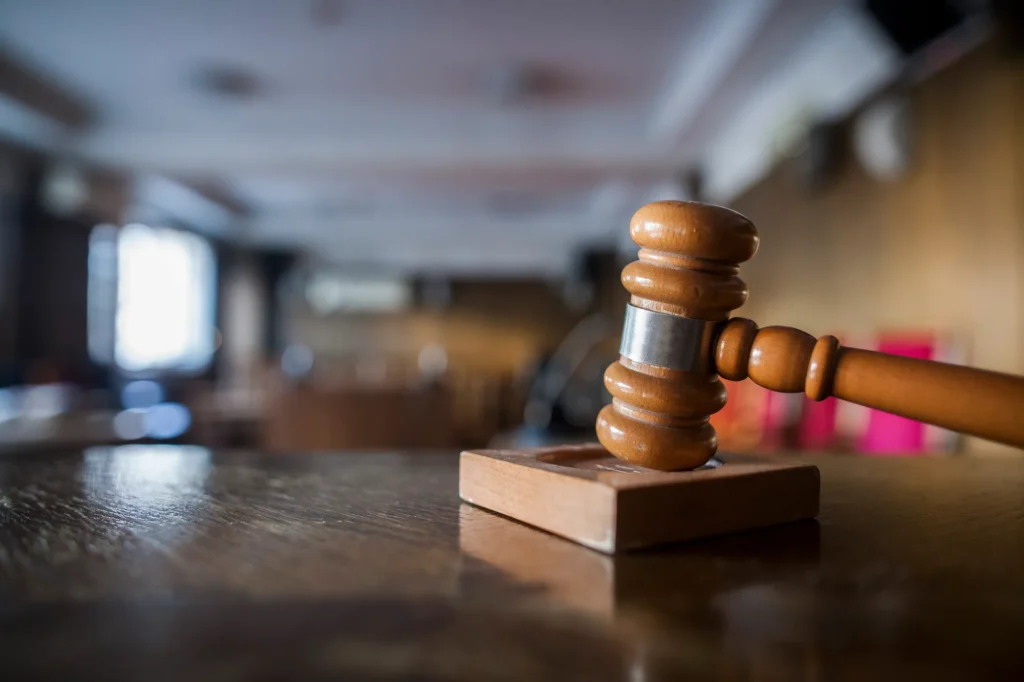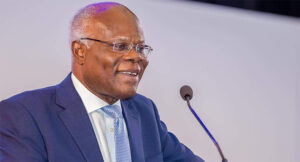Court Rules Against APP Aspirant Who Sought to Halt Akwatia By-Election After Disqualification

The High Court in Accra has rejected an application from the Action People’s Party (APP) that sought to place an injunction on the upcoming Akwatia by-election. The party had approached the court in an attempt to stop the Electoral Commission (EC) from proceeding with the election following the disqualification of its parliamentary aspirant, David Ankomah.
Delivering his ruling on Wednesday, August 28, Justice John Eugene Nyanteh Nyadu ruled that the application for an interlocutory injunction had no sufficient legal grounds to warrant the halting of the electoral process. He emphasized that approving such a request would not only disrupt the operations of the Electoral Commission but would also cause undue harm to other candidates in the race who have invested time and financial resources in their campaigns.
The court held that suspending the election would present broader consequences than the applicants had considered, particularly for other political contenders who would be adversely affected by delays and uncertainties.
Justice Nyadu noted that while the APP and its disqualified candidate may have incurred campaign-related expenses, any financial loss they suffered could be remedied through compensation if the court ultimately rules in their favor in the substantive case.
“The court acknowledges that the applicants may have invested resources in their electoral bid. However, in weighing the balance of convenience, it is evident that the greater potential harm lies with the respondents and other stakeholders if the election is suspended,” Justice Nyadu stated.
He further noted that injunctive relief is not automatic in electoral disputes, especially when the damage claimed can be resolved through other means. “The injury suffered by the second applicant, while unfortunate, is compensable through monetary damages. There is no justification for derailing the electoral process.”
He concluded: “Accordingly, the application for an interlocutory injunction is hereby dismissed.”
The disqualification in question relates to the Electoral Commission’s decision to bar David Ankomah from contesting the Akwatia parliamentary seat on the grounds that he failed to submit a valid tax clearance certificate — a mandatory requirement for all parliamentary aspirants. Ankomah and the APP challenged the EC’s ruling, claiming the decision was unfair and that he should be reinstated as a candidate.
Rather than waiting for the final outcome of the legal dispute, the APP sought to halt the by-election entirely, arguing that allowing it to proceed while the case was still pending would be prejudicial and deny them a fair opportunity to participate.
However, the High Court took the view that halting the entire process would set an unfavorable precedent and disrupt electoral fairness for other parties who had met all requirements.
Legal analysts have described the ruling as a reaffirmation of the court’s long-standing position that elections, as time-bound processes, must not be suspended lightly—especially when alternative remedies exist.
The ruling now clears the path for the Akwatia by-election to move forward as planned. With the legal challenge to the disqualification still pending, the APP must now either await the court’s final decision on the substantive matter or consider alternative legal avenues.
This case has reignited debate about electoral regulations and candidate eligibility requirements, particularly regarding the submission of tax clearance certificates. The EC has in recent years tightened scrutiny over the qualifications of political aspirants in a bid to promote accountability and transparency in public office.
While the APP maintains that its candidate was unfairly removed from the ballot, the court’s decision signals that procedural lapses—even if challenged—may not be sufficient to derail the electoral calendar.
As the Akwatia by-election approaches, attention will remain focused on how this legal case unfolds and whether any future reforms will emerge regarding electoral disqualifications and dispute resolution mechanisms.






